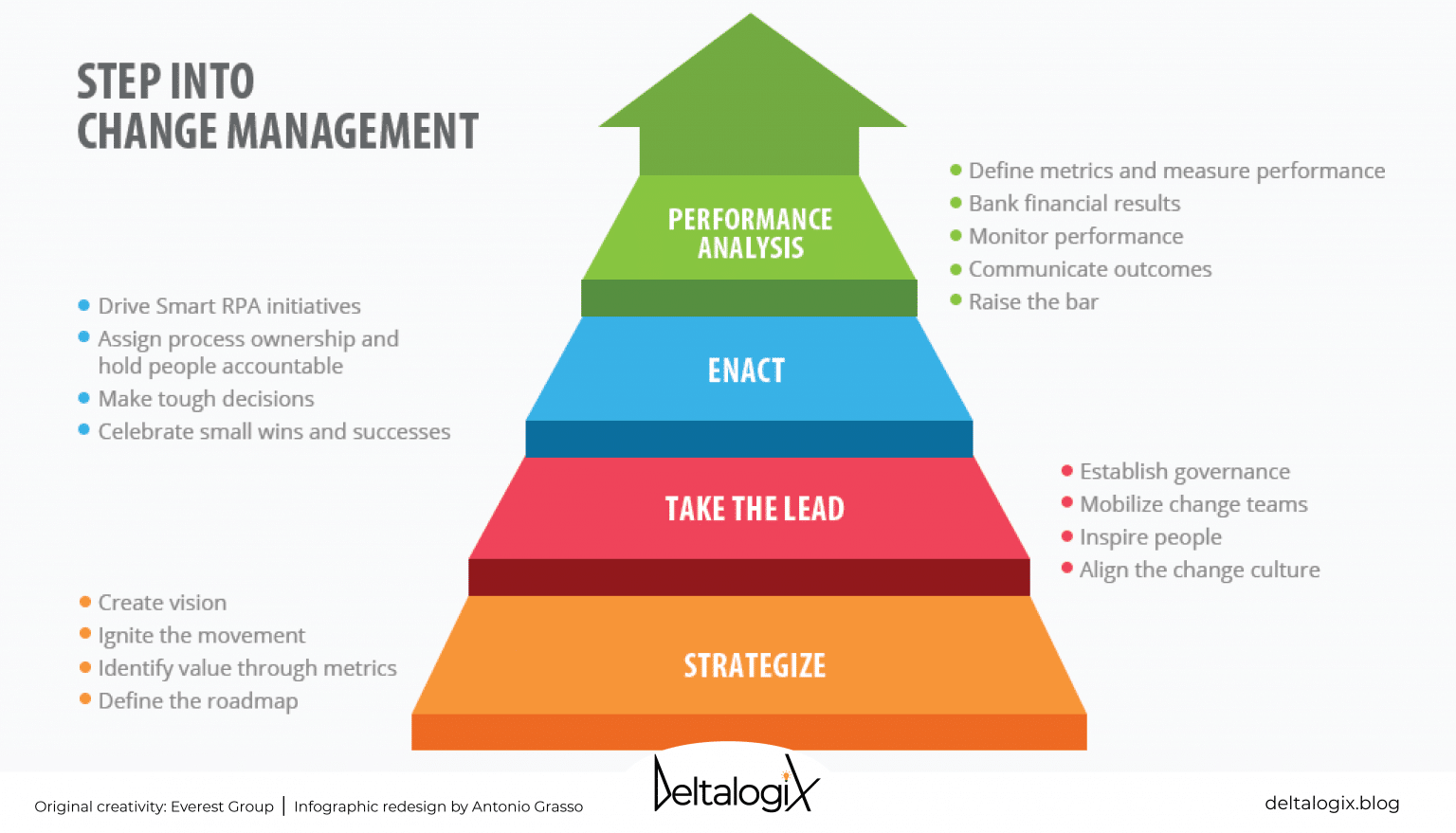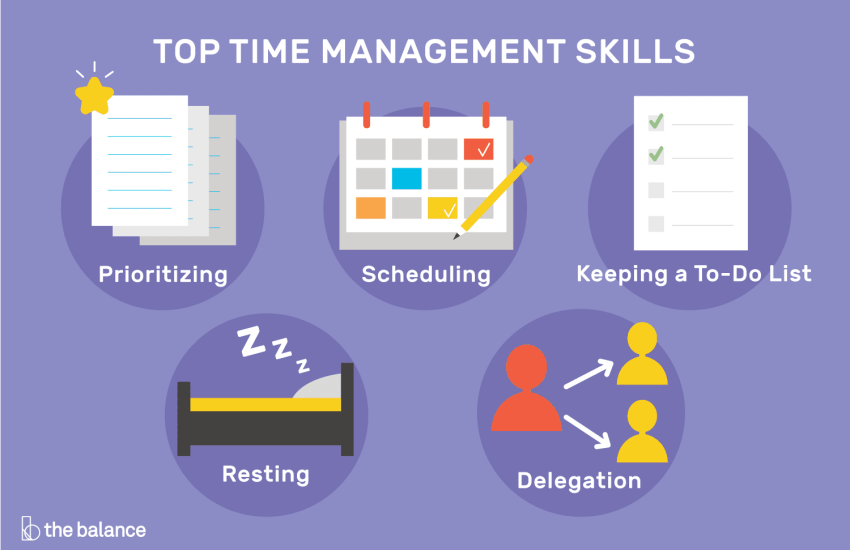Change Management Tools for Business Transformation
Change is an inevitable part of any business’s journey towards growth and success. However, managing change effectively can be a complex and challenging process. This is where change management tools come into play, helping businesses navigate through transitions smoothly and ensure successful business transformation.
Why Change Management Tools are Essential for Business Transformation
Change management tools provide businesses with the necessary framework, strategies, and resources to effectively plan, implement, and monitor changes within the organization. These tools help streamline the change process, mitigate risks, and ensure that the transformation is aligned with the company’s goals and objectives.
With the rapid pace of technological advancements and evolving market dynamics, businesses need to adapt quickly to stay competitive and relevant. Change management tools enable businesses to proactively respond to external and internal changes, minimize disruptions, and drive innovation and growth.
Key Features of Change Management Tools
When choosing change management tools for business transformation, it is important to look for key features that can help streamline the change process and maximize its impact. Some essential features to consider include:
Workflow Automation: Change management tools should automate various tasks and processes involved in implementing change, such as change request approvals, communication updates, and impact assessments.
Collaboration and Communication: Tools that facilitate collaboration among team members and stakeholders, and enable effective communication throughout the change process, are crucial for successful transformation.
Tracking and Monitoring: Change management tools should provide real-time monitoring and tracking of progress, performance metrics, and KPIs to ensure that the change is on track and delivering the desired results.
Change Impact Analysis: Tools that offer comprehensive impact analysis capabilities help businesses assess the potential risks and consequences of change, and make informed decisions to minimize negative impacts.
Training and Support: Change management tools should offer training resources, user guides, and support services to help businesses effectively implement the tool and maximize its benefits.
Popular Change Management Tools
There are several change management tools available in the market that cater to various business needs and preferences. Some popular change management tools include:
1. Prosci ADKAR Model
The Prosci ADKAR model is a widely used change management framework that focuses on individual change readiness and adoption. This model helps businesses identify the key drivers of change, assess employees’ readiness for change, and tailor communication and training strategies accordingly.
2. Kotter’s 8-Step Process for Leading Change
Kotter’s 8-step process is a strategic change management framework that helps businesses execute successful change initiatives. This model emphasizes the importance of effective leadership, communication, and employee engagement throughout the change process.
3. ChangeScout
ChangeScout is a comprehensive change management software that offers a wide range of features, including workflow automation, impact analysis, collaboration tools, and real-time reporting. This tool helps businesses plan, implement, and monitor changes effectively and drive successful business transformation.
Benefits of Using Change Management Tools
Utilizing change management tools for business transformation offers several benefits, including:
Enhanced efficiency: Streamlining change processes and automating tasks can help businesses save time and resources, and ensure that changes are implemented seamlessly.
Improved decision-making: Change management tools provide businesses with valuable insights, data, and analytics that help them make informed decisions and drive successful transformation.
Increased employee engagement: Engaging employees in the change process through effective communication and collaboration tools can boost morale, productivity, and commitment to change.
Reduced risks: Change management tools help businesses identify potential risks, assess their impact, and take proactive measures to mitigate them, minimizing disruptions and ensuring smooth transitions.
Conclusion
Change management tools play a crucial role in driving successful business transformation by providing businesses with the necessary framework, strategies, and resources to navigate through changes effectively. By leveraging the right tools and features, businesses can streamline change processes, enhance collaboration and communication, and drive innovation and growth. With the rapid pace of change in today’s business landscape, investing in change management tools is essential for businesses looking to stay competitive, adapt to evolving market dynamics, and achieve sustainable success.


